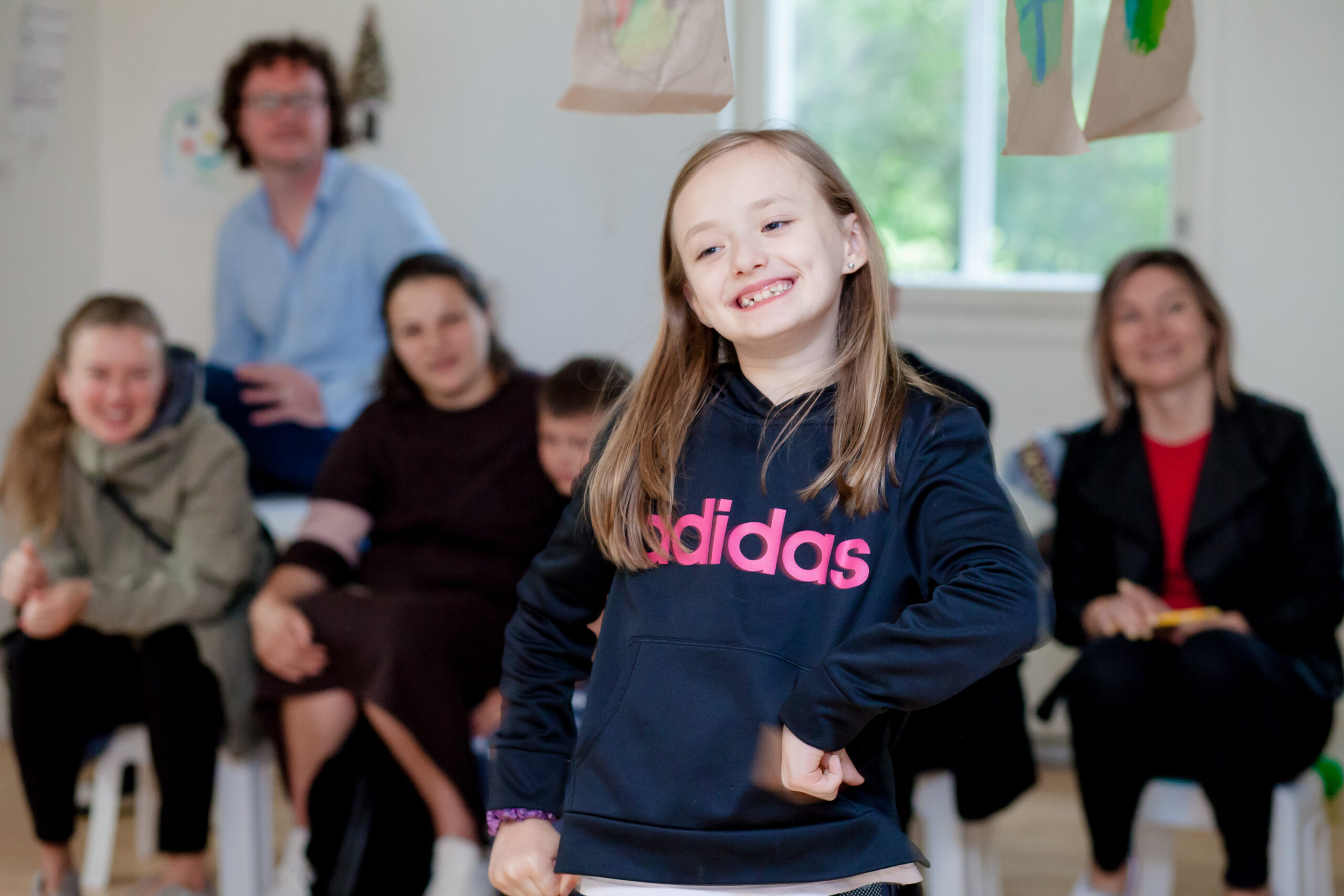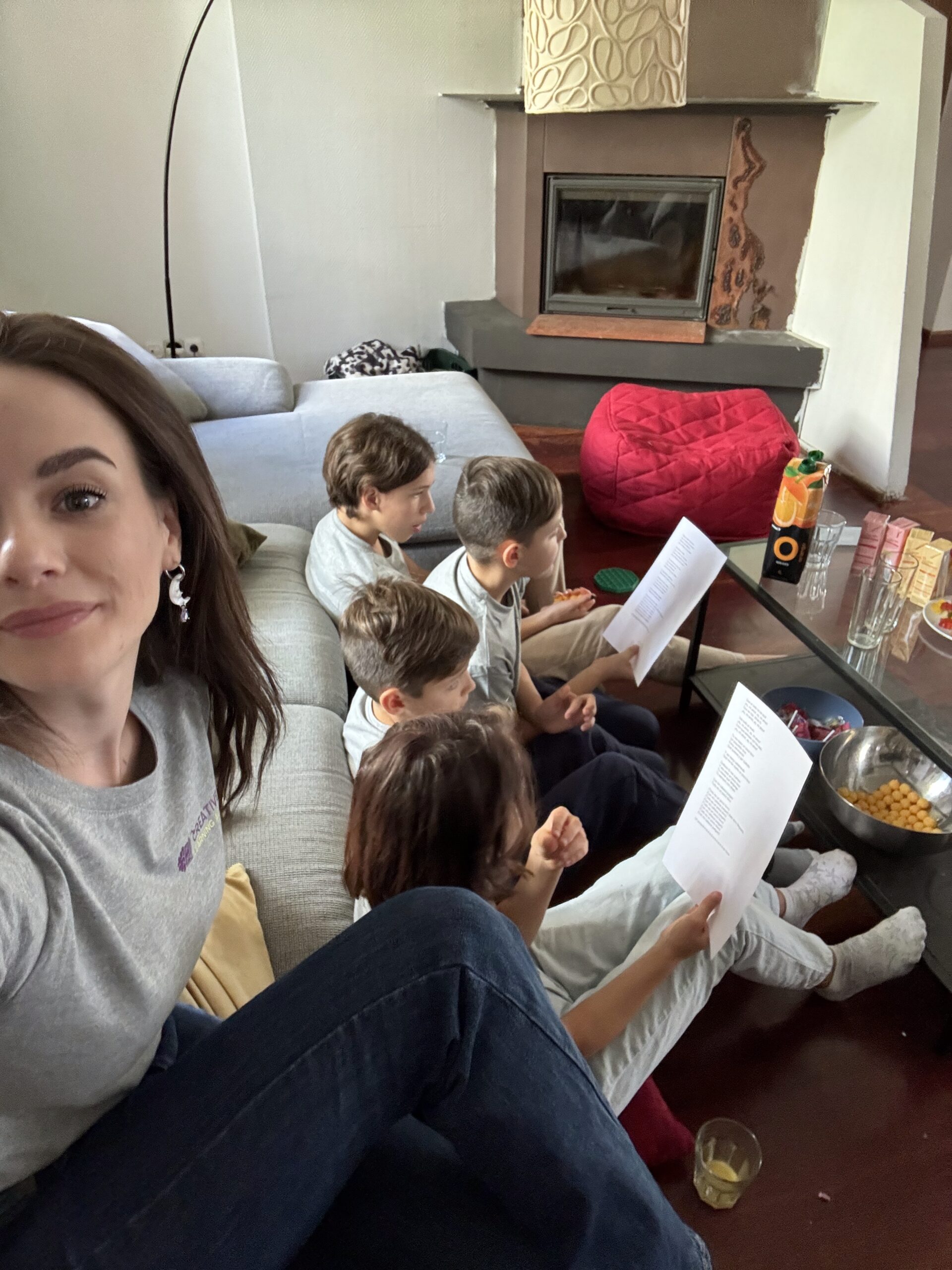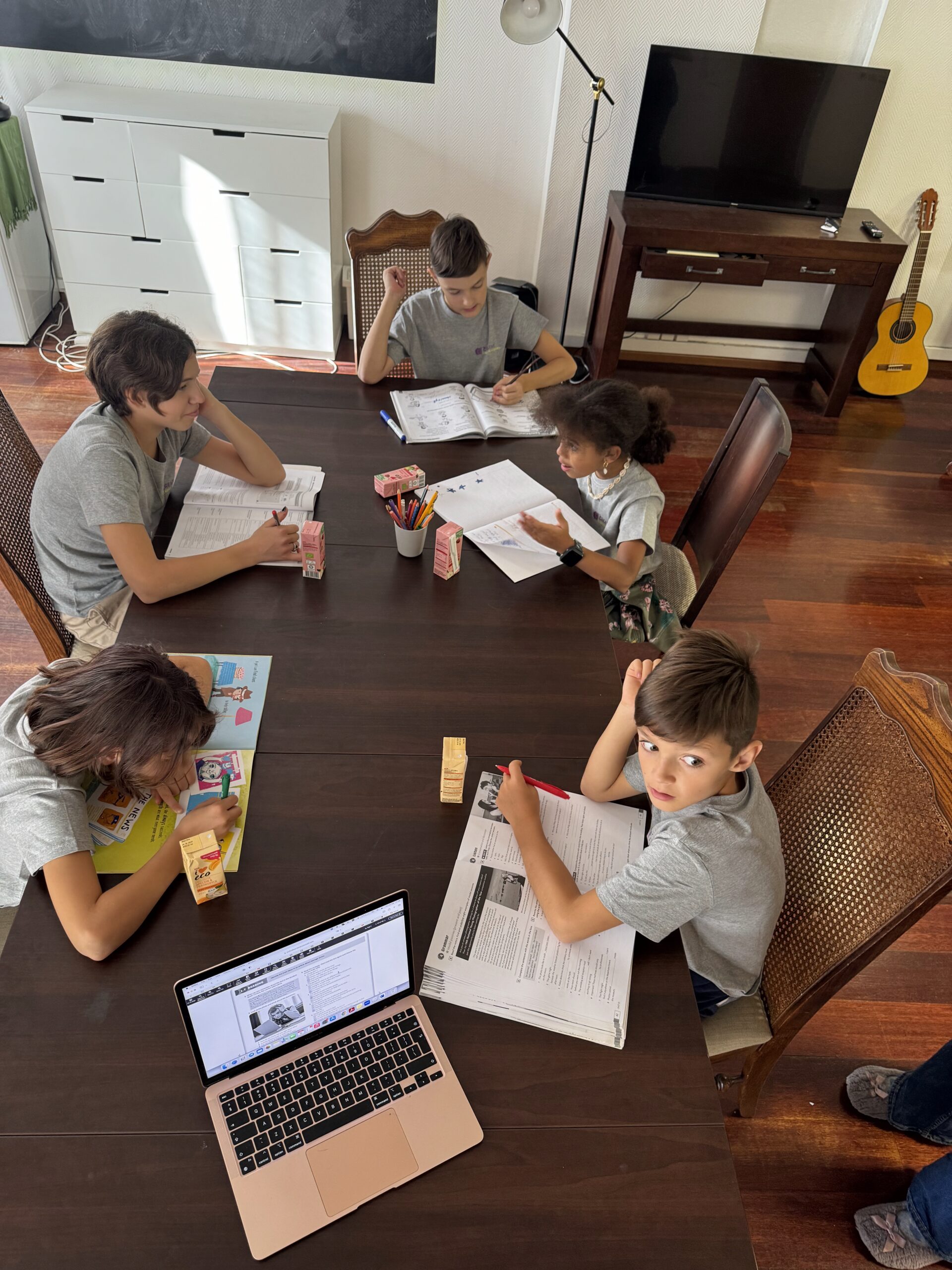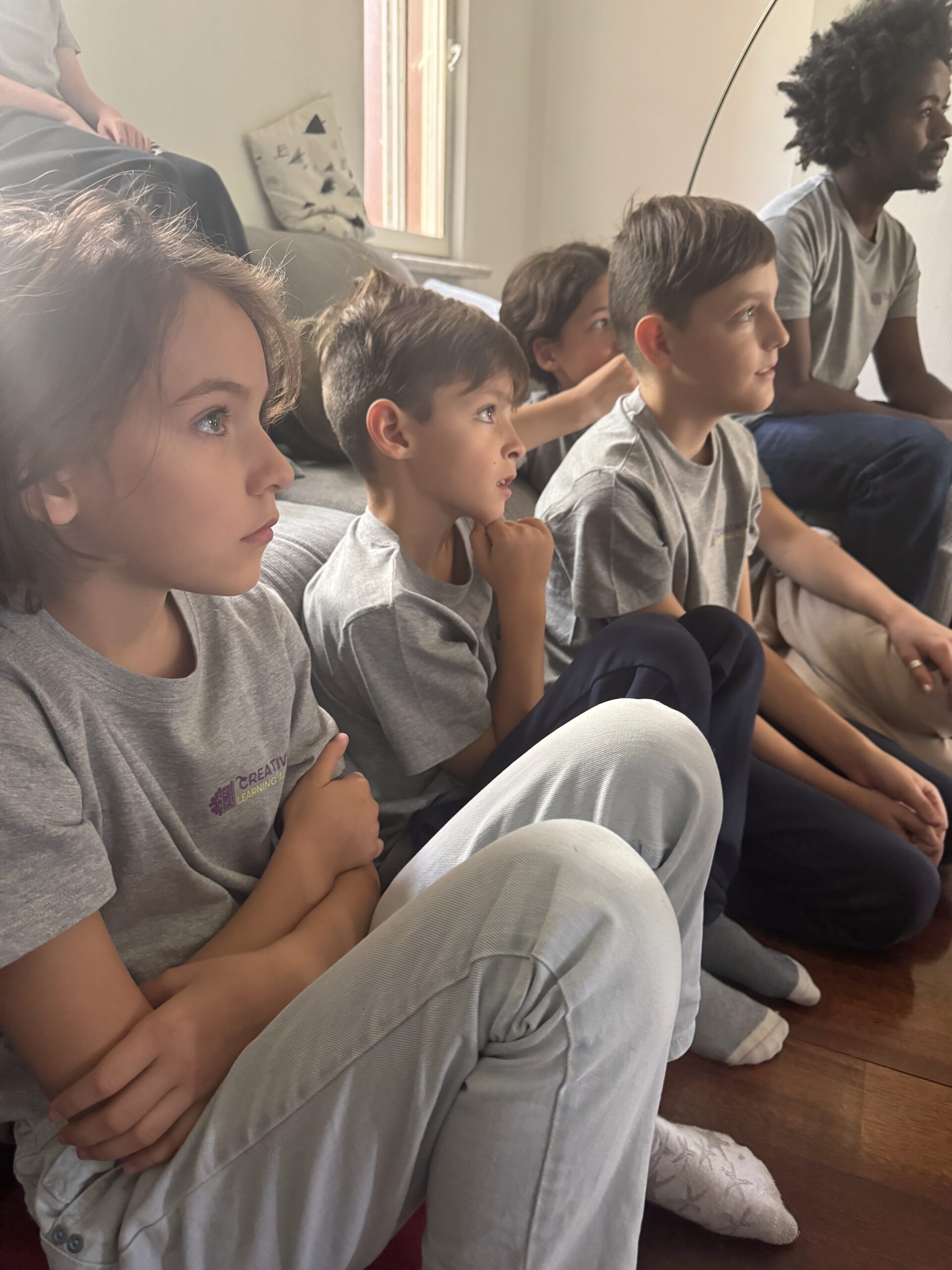OUR CLUBS
Explore, Learn & Grow
Our Clubs include Story Explorer, where students develop listening, speaking, and comprehension skills through book reading and storytelling; Screen Stories, which enhance vocabulary and fluency through engaging with movie scenes and role-playing tasks; Speak up focusing on debates, the art of speaking with confidence, and creative presentations; and Scripted Voices, which emphasize both creative and academic writing, helping students practice structured expression in various contexts. Each club is tailored to the group's proficiency level, ensuring maximum engagement and progress.
Story’s Explorer (A1 Level): Explore storytelling and basic creative expression using simple language.
Screen Stories (A2 Level): Learn through storytelling in media, improving comprehension and vocabulary.
Speak Up (B1 Level): Build fluency and confidence in spoken communication through interactive discussions.
Creative Writing (B2 Level): Develop advanced writing skills by crafting original and polished works.
Learning Outcomes & Soft Skills for Each Club
Learning Outcomes & Soft Skills for Each Club
| Club Name | Learning Outcomes | Soft Skills Developed |
|---|---|---|
| Speak Up Club | - Improve fluency and confidence in spoken communication. - Enhance debate, podcasting, and discussion skills. - Practice expressing opinions clearly and persuasively. | - Public speaking and active listening. - Critical thinking through argument analysis. - Collaboration and teamwork in group discussions. |
| Story Explorer Club | - Develop reading comprehension and storytelling abilities. - Expand vocabulary and enhance grammatical accuracy. - Build foundational skills in interpreting texts. | - Creativity through exploring new narratives. - Teamwork and cooperation in group storytelling activities. - Empathy and cultural awareness through shared stories. |
| Screen Story Club | - Improve listening and comprehension through media-based storytelling. - Build vocabulary and conversational skills. - Practice language in real-life contexts inspired by media themes. | - Media literacy by analyzing movie clips and extracts. - Collaboration in discussing and interpreting screen narratives. - Critical thinking through evaluating different perspectives in storytelling. |
| Scripted Voices Club | - Master advanced writing techniques (essays, opinion writing, and creative works). - Strengthen grammar, structure, and stylistic expression. - Develop persuasive and narrative writing skills. | - Collaboration in peer editing and group critiques. - Leadership and ownership in presenting written work. - Problem-solving in crafting coherent arguments and stories. |
Screen Story
Theme: A Fun Day Out (Focusing on past simple, emotions, and daily activities)
Theme: A Fun Day Out (Focusing on past simple, emotions, and daily activities)
| Lesson Segment | Activity | Objective |
|---|---|---|
| Warm-Up (5 mins) | Ask students to discuss their favorite activities on a day off. (e.g., What do you like to do when you have a free day?). | Activate prior knowledge and introduce the theme of a "day out." |
| Movie Clip (10 mins) | Show a short movie clip of a character enjoying a fun day out (e.g., at an amusement park or a picnic). Students note key activities and emotions in the scene. | Improve listening comprehension and identify emotions, actions, and vocabulary. |
| Vocabulary Focus (5 mins) | Review new words from the clip (e.g., thrilled, adventure, excited, relax). Have students create sentences using the new vocabulary. | Expand vocabulary and reinforce meaning in context. |
| Grammar Focus (10 mins) | Focus on past simple tense. Have students identify past tense verbs from the movie and practice forming sentences (e.g., She played soccer.). | Practice past simple tense for describing past actions and events. |
| Speaking & Role-Play (10 mins) | In pairs, students role-play a conversation about a fun day out using new vocabulary and grammar (e.g., What did you do yesterday?). | Build speaking fluency and confidence through role-play and peer interaction. |
| Wrap-Up (5 mins) | Review key vocabulary and grammar from the session. Ask students to share one new thing they learned and their favorite part of the lesson. | Reinforce language use and encourage reflection. |
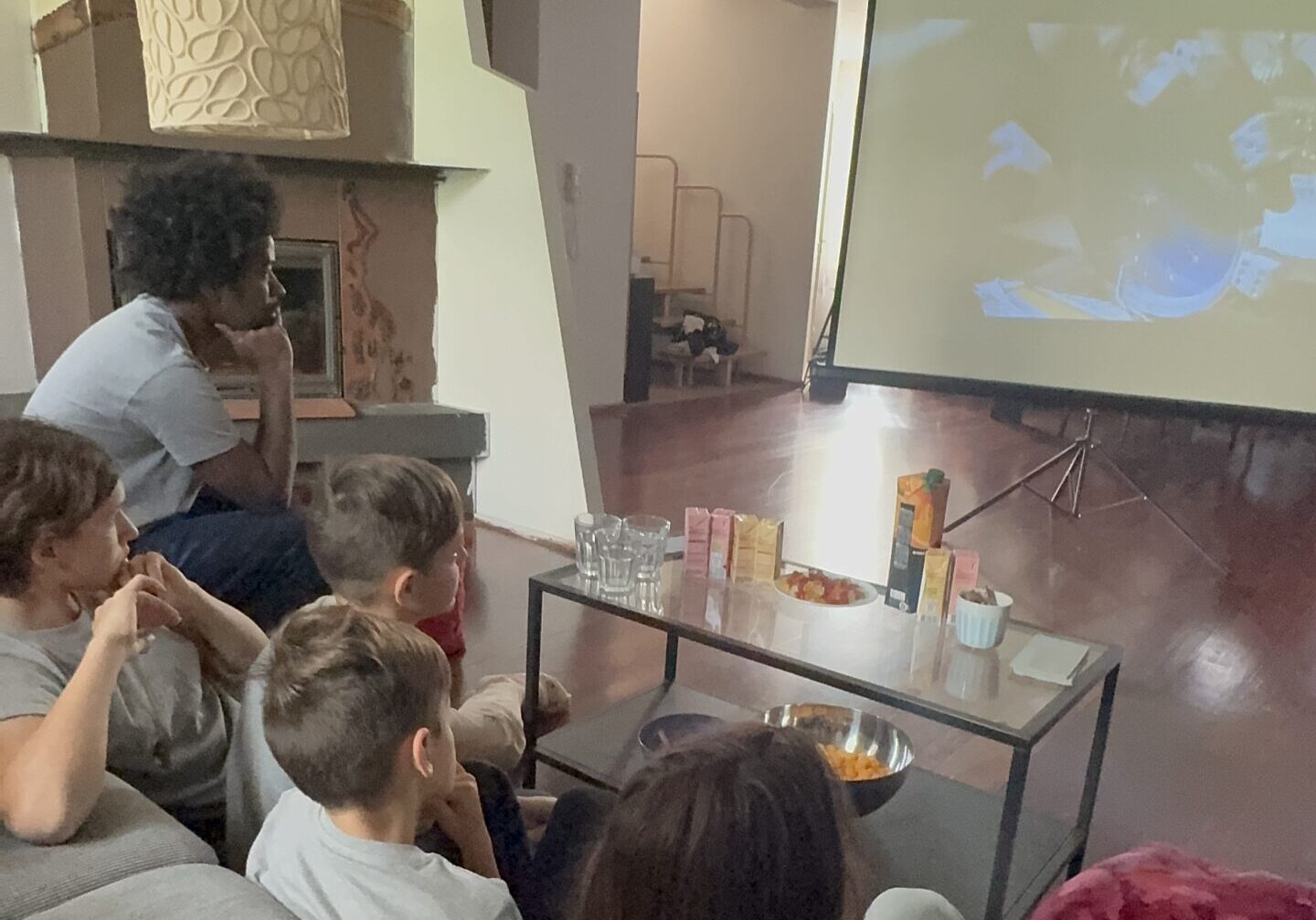
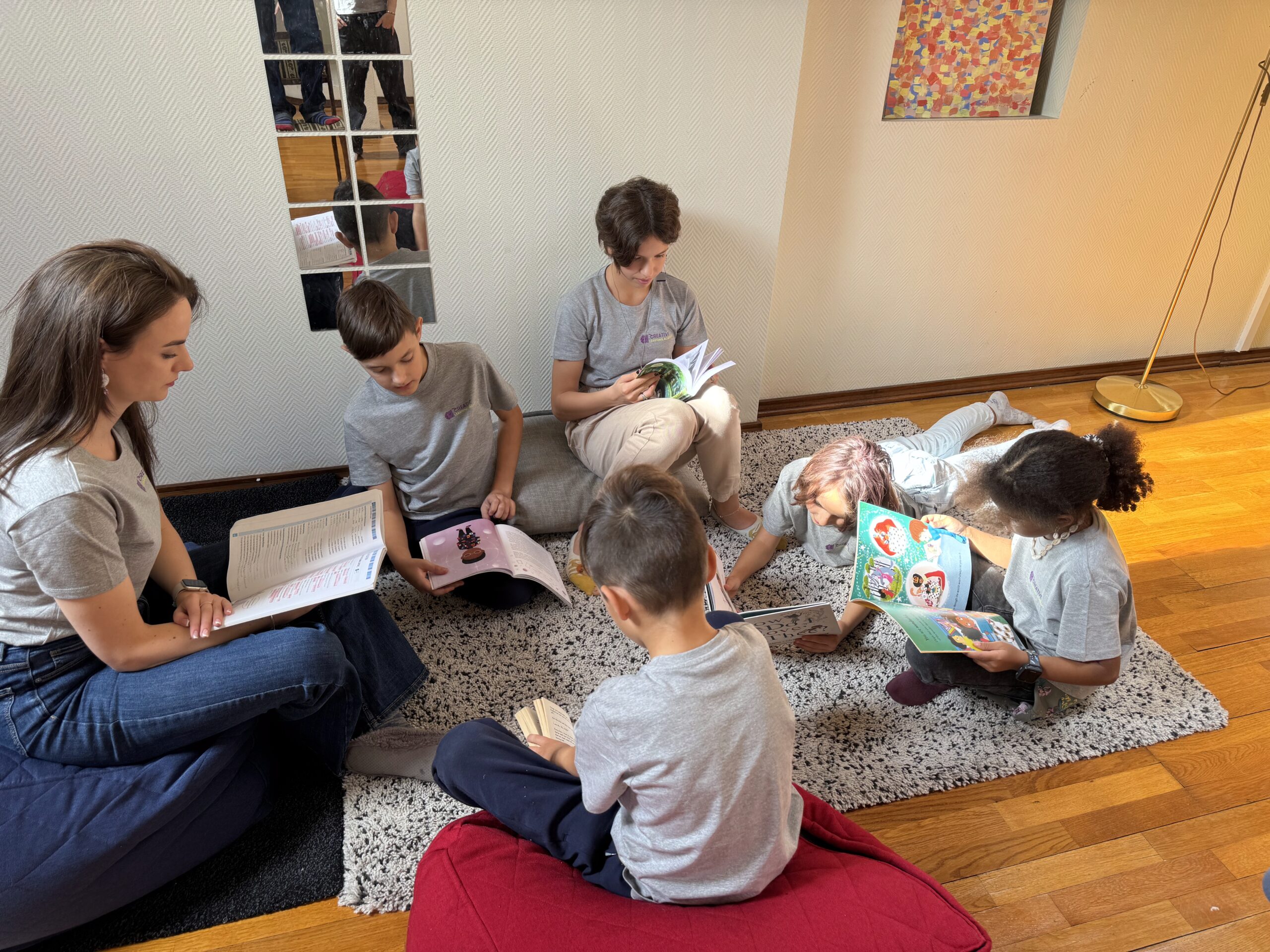
Story Explorer
Book Title: Diary of a Wimpy Kid by Jeff Kinney (Excerpt: A day at school)
Theme: School Life
Book Title: Diary of a Wimpy Kid by Jeff Kinney (Excerpt: A day at school) Theme: School Life
| Lesson Segment | Activity | Objective |
|---|---|---|
| Warm-Up (5 mins) | Ask students to discuss their favorite activities on a day off. (e.g., What do you like to do when you have a free day?). | Activate prior knowledge and introduce the theme of a "day out." |
| Movie Clip (10 mins) | Show a short movie clip of a character enjoying a fun day out (e.g., at an amusement park or a picnic). Students note key activities and emotions in the scene. | Improve listening comprehension and identify emotions, actions, and vocabulary. |
| Vocabulary Focus (5 mins) | Review new words from the clip (e.g., thrilled, adventure, excited, relax). Have students create sentences using the new vocabulary. | Expand vocabulary and reinforce meaning in context. |
| Grammar Focus (10 mins) | Focus on past simple tense. Have students identify past tense verbs from the movie and practice forming sentences (e.g., She played soccer.). | Practice past simple tense for describing past actions and events. |
| Speaking & Role-Play (10 mins) | In pairs, students role-play a conversation about a fun day out using new vocabulary and grammar (e.g., What did you do yesterday?). | Build speaking fluency and confidence through role-play and peer interaction. |
| Wrap-Up (5 mins) | Review key vocabulary and grammar from the session. Ask students to share one new thing they learned and their favorite part of the lesson. | Reinforce language use and encourage reflection. |
Speak up
Workshop Theme: “Speaking About Personal Experiences”
Workshop Theme: “Speaking About Personal Experiences”
| Time | Activity | Objective |
|---|---|---|
| 5 minutes | Warm-Up Activity: “Two Truths and a Lie” game. Each student shares three statements, two truths and one lie, and the group guesses which is the lie. | This activity encourages quick thinking and uses descriptive language in a fun way. Helps build comfort in speaking. |
| 10 minutes | Introduction to Public Speaking: Discuss key aspects of effective speaking: Clear structure (Introduction, Body, Conclusion), confident body language, and engaging the audience. | Teach the basics of structuring a speech and engaging the audience with confident delivery. |
| 10 minutes | Vocabulary & Grammar Focus: Introduce and review important linking words (e.g., "Firstly," "In addition," "Finally") and vocabulary for personal stories. | Equip students with tools to structure their speech logically and use appropriate vocabulary. |
| 15 minutes | Preparation for Speaking: Students prepare a 1-2 minute speech about a personal experience (e.g., a memorable holiday, an interesting hobby, or a challenging moment). Students should use at least three linking words and five vocabulary words from the session. | Encourage students to apply the lesson’s grammar and vocabulary to their own personal speech. |
| 5 minutes | Group Sharing & Feedback: Students present their speeches to the group. After each presentation, peers and the instructor provide constructive feedback on speech clarity, use of grammar, and engaging language. | Build confidence through public speaking practice and constructive peer feedback. |

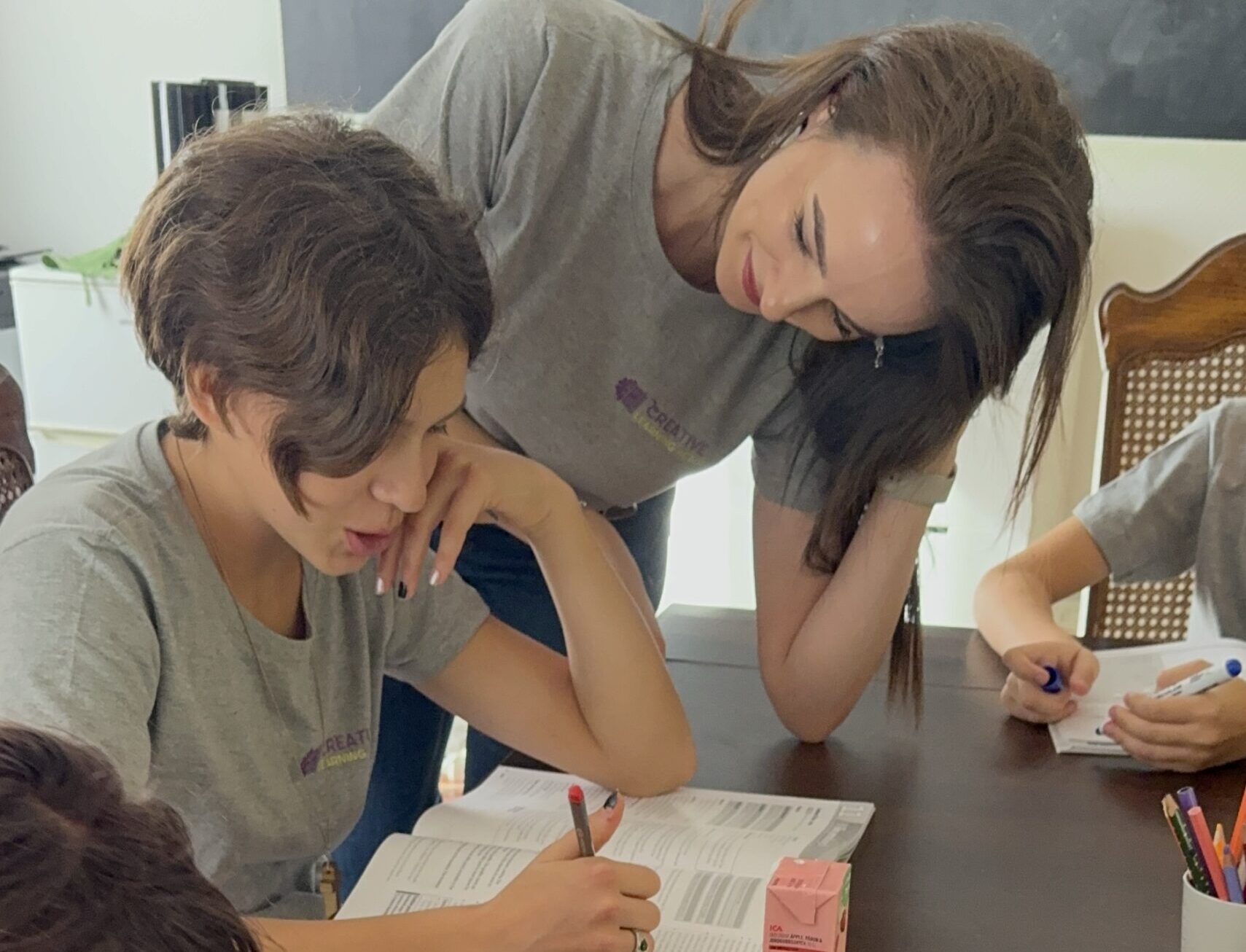
Scripted voices
Theme: Articulating Ideas Clearly Through Scripted Speech
Theme: Articulating Ideas Clearly Through Scripted Speech
| Time | Activity | Objective |
|---|---|---|
| 5 min | Introduction & Warm-Up: Brief discussion on the importance of clarity in speaking. Ask students about their experiences with clear or unclear speeches or presentations. | Establish the importance of clarity and articulation in effective communication. |
| 5 min | Script Reading: Students receive a short written script on a topic they are familiar with (e.g., an opinion on a current event). They read it silently first to understand the context. | Allow students to familiarize themselves with the script. |
| 10 min | Pronunciation and Intonation Focus: Review key words and phrases in the script that may be difficult to pronounce. Practice these words aloud together as a class. Focus on intonation and stress. | Improve pronunciation and teach students to use proper stress and intonation for clearer delivery. |
| 15 min | Fluent Reading Practice: Students read the script aloud in pairs, focusing on reading with clarity, correct intonation, and pace. Encourage them to use pauses and emphasis where needed. | Improve reading fluency and comprehension while following the scripted structure. |
| 5 min | Group Sharing & Feedback: A few students share their readings with the class. Provide constructive feedback on pronunciation, intonation, and fluency. | Offer feedback to help students refine their speaking skills. |
| 5 min | Wrap-Up & Reflection: Quick discussion on what they learned. Ask students how they can use these skills in other speaking situations (e.g., presentations, discussions). | Reinforce the session's key points and prepare students to apply them in real-life situations. |
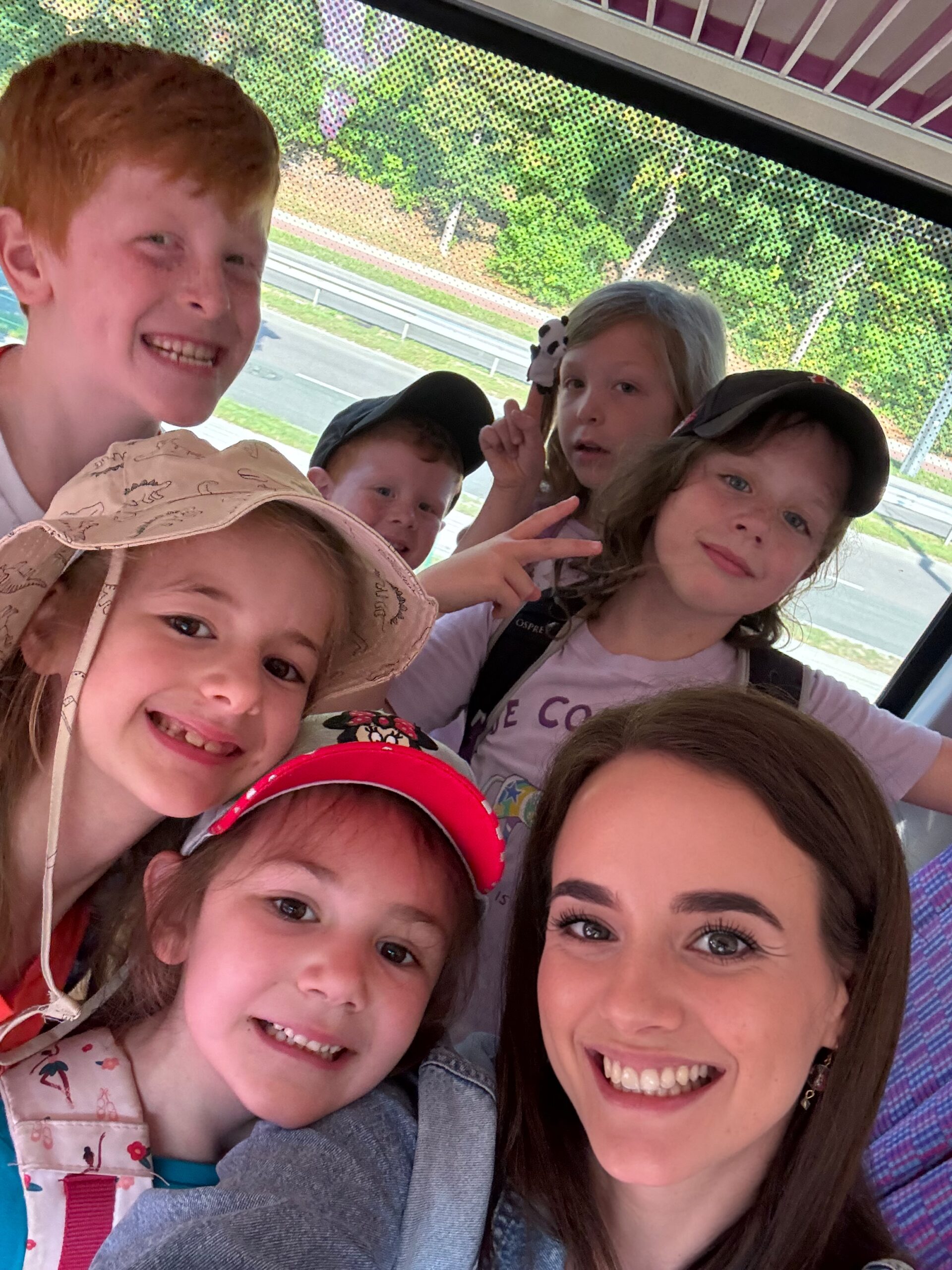
Get in Touch!
Contact us
©2025 | Creative-Learning-Academy | All Rights Reserved.

